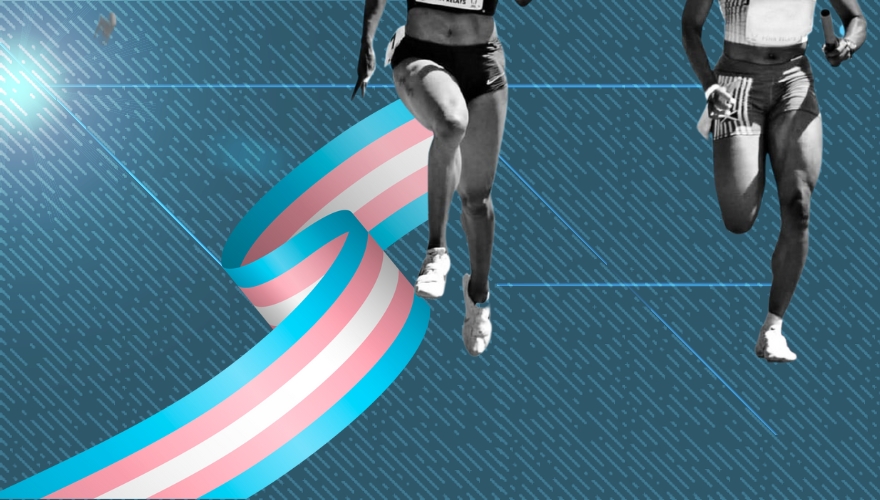The United States Supreme Court has declined to reinstate a West Virginia policy requiring athletes to compete on teams that correspond with their biological sex amid a pending appeal.
West Virginia became the first state to ask the nation’s highest court to weigh in on the ongoing debate involving transgender-identifying athletes. Under the state’s Save Women’s Sports Act, biological males who regard themselves as female are not permitted to compete in women’s leagues or play on girls’ teams.
The Supreme Court announced on April 6 that, during litigation, the law cannot be enforced – once more permitting athletes to compete on teams that correspond to their gender identity and not their biological sex. The court did not offer an explanation for the decision.
Justices Samuel Alito and Clarence Thomas both offered a dissent.
“Among other things, enforcement of the law at issue should not be forbidden by the federal courts without any explanation,” wrote Alito.
The American Civil Liberties Union sued West Virginia in May of 2021, arguing the law kept now-12-year-old Becky Pepper-Jackson from competing on a girls’ cross-country team in violation of the Equal Protection Clause of the 14th Amendment. Pepper-Jackson was born male, identifies as transgender, and is receiving puberty-delaying treatment and estrogen hormone therapy. U.S. District Court Judge Joseph Goodwin temporarily blocked the law in July of 2021.
The Alliance Defending Freedom subsequently intervened on behalf of Lainey Armistead, a female college soccer player. The ADF argued the law safeguarded equal protections designed to support female athletes and prevented them from having to compete against men.
Goodwin ultimately ruled the Save Women’s Sports Act did not violate the Constitution and could be enforced while the case is heard on appeal.
Attorney General Patrick Morrisey called the Supreme Court’s ruling “a procedural setback,” but told WV News that he is still “confident that when this case is ultimately determined on the merits, we will prevail.”
“We maintain our stance that this is a common sense law—we have a very strong case. It’s just basic fairness and common sense to not have biological males play in women’s sports,” said the attorney general.
Morrisey has argued female athletes “will continue to be displaced as long as biological males join women’s sports teams.”
“We are resolute in protecting opportunities for women and girls in sports because when biological males win in a women’s event—as has happened time and again—female athletes lose their opportunity to shine,” he said in a statement in March.
The ACLU celebrated the Supreme Court’s decision, but acknowledged that the court has yet to make a final ruling on the law at the center of the litigation.
“We are grateful that the Supreme Court today acknowledged that there was no emergency and that Becky should be allowed to continue to participate with her teammates on her middle school track team, which she has been doing without incident for three going on four seasons, as our challenge to West Virginia’s onerous trans youth sports ban makes its way through the courts,” the ACLU said in a statement, per ABC News.
West Virginia is one of 19 states – including Florida, South Carolina, Alabama, Arkansas, Idaho, Mississippi, Montana, Tennessee and Oklahoma – that have passed laws similar requiring athletes to compete on teams based on their biological sex.
